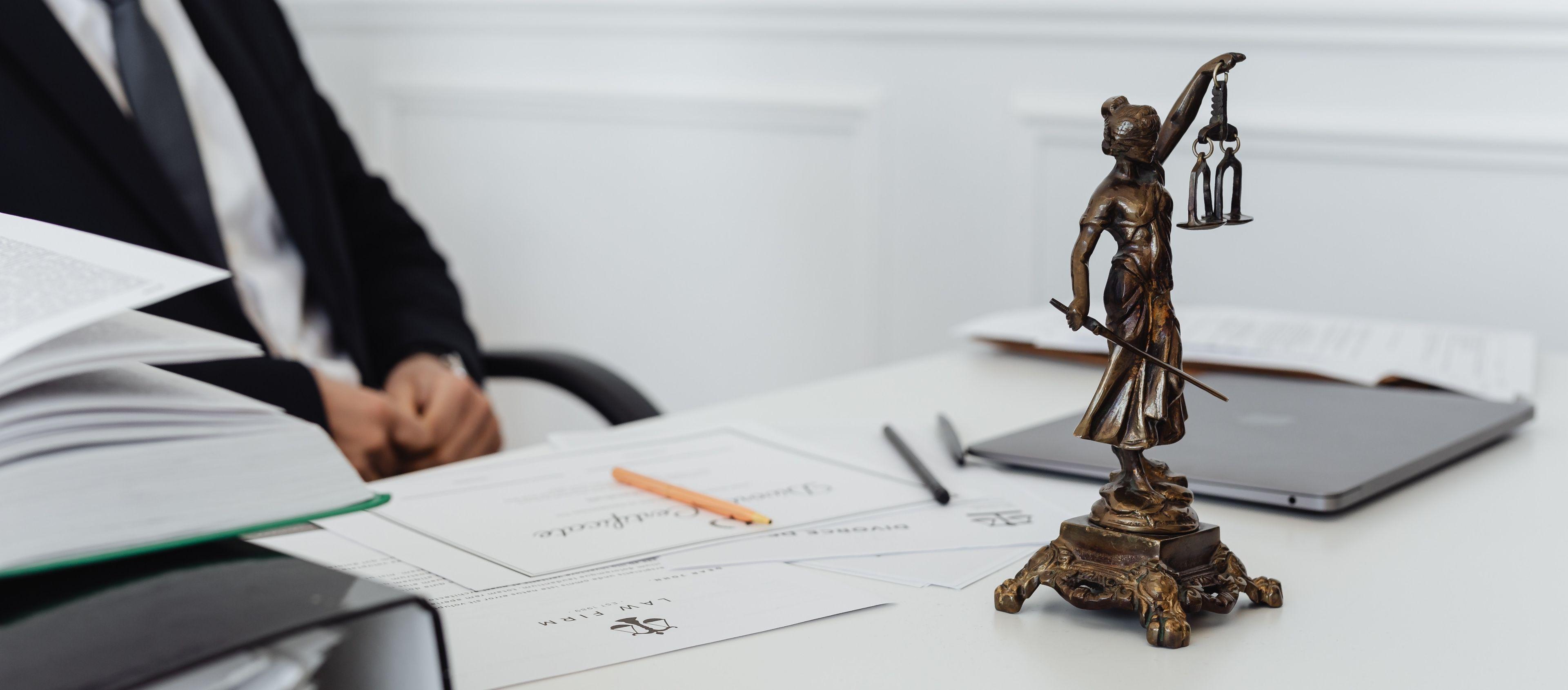Local laws and customs
The laws and customs of the United Arab Emirates may be different from those in your country. As with any new place, there are a variety of rules, values and behaviours that might seem very different to those who are new to the UAE. Be aware of your actions to ensure that they don’t offend, especially during the holy month of Ramadan. You are strongly advised to familiarise yourself with, and respect local laws and customs.
Please see advice from the UK Government on living in the UAE especially the Local Laws and Customs section: https://www.gov.uk/guidance/living-in-the-united-arab-emirates.
For the Dubai Code of Conduct, please click here
Important legislation related to the Dubai Government’s Knowledge and Human Development Authority (KHDA) are available at: https://www.khda.gov.ae/en/regulations
Useful information about Student Visas is provided at: https://government.ae/en/information-and-services/education/higher-education/student-visa
The Government of Dubai has provided some helpful resources that help those who are new to the country to learn about Social Etiquette and Culture in Dubai: http://www.dubai.ae/en/Lists/Articles/DispForm.aspx?ID=79
New media, such as Facebook, Twitter, YouTube and Instagram are used widely in the UAE by the government entities and by the public as well. You need to be aware of the provisions of UAE laws regarding social media and cyber crimes that spell out actions that could be a criminal offence. Detailed information including links to these laws are provided at: https://www.government.ae/en/media/media.
There are laws that regulate tobacco and alcohol consumption, sale, possession and distribution, see: https://www.government.ae/en/information-and-services/health-and-fitness/tobacco-and-alcohol-provisions. The UAE has a zero-tolerance policy on drugs and substance abuse. Federal Law No. 14 of 1995 criminalises production, import, export, transport, buying, selling, possessing, storing of narcotic and psychotropic substances with severe penalties – see: https://www.government.ae/en/information-and-services/health-and-fitness/drugs-and-controlled-medicines.
For safety and wellbeing of residents, the UAE has implemented several traffic laws and road safety initiatives which can be viewed here: https://www.government.ae/en/information-and-services/justice-safety-and-the-law/road-safety.
Emirates ID is an identity card issued by the UAE’s Federal Authority for Identity and Citizenship. It is a legal requirement for all UAE citizens and residents to apply for one and carry it with them at all times. More information is provided at: https://www.government.ae/en/information-and-services/visa-and-emirates-id/emirates-id.
You can learn about employment laws and regulations in the private sector in the UAE through the resources provided at: https://www.government.ae/en/information-and-services/jobs/employment-laws-and-regulations-in-the-private-sector.
If you decide to set up your own business in the UAE, you should be aware of general business laws applicable in the UAE – see: https://www.government.ae/en/information-and-services/business/business-regulations
It is important to note that Middlesex University Dubai works within the context of Dubai Knowledge Park (DKP)/Dubai International Academic City (DIAC) (a managed government education zone). DKP has its own ‘Shared Facility Policy Statement on Student Discipline’ which all students enrolled at Middlesex University Dubai are obliged to comply with. The latest version of these policies can be viewed here: www.diacedu.ae/images/stories/codeofconduct.pdf.
Disclaimer
Please note that this information is provided as a guide only. Definitive information should be obtained from the United Arab Emirates authorities. Middlesex University Dubai will not be held liable for the content on any websites not directly under its control or for any consequences arising out of or in connection with accessing such websites.
